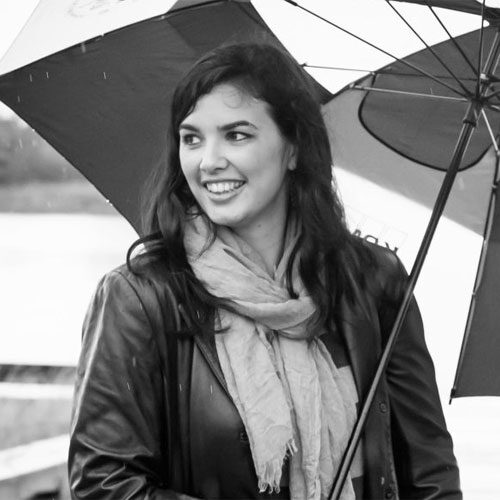HESTER VANBRAEDEN
Hester is a second generation home educating parent who is keenly aware that her own education is not complete, and comfortable that it probably never will be. She has many years of experience with children, books, and curriculum. She loves to travel to worlds and times beyond the present with her children through many books. Hester and her husband have four children and live in the lower mainland of BC.

2021 CONFERENCE SESSION
PAST CONFERENCE SESSIONS
SESSION: WHAT IS CLASSICAL EDUCATION?
Classical education has become more popular recently; is it the newest thing? Or should we take a hint from the word "classical" and look back to find out more? Join us for an overview, and some tips on how to learn more about this educational philosophy, which isn't necessarily just for children.
SESSION: IS CLASSICAL EDUCATION RESTFUL?
We will attempt to address the fact that Classical Education is a very broad idea under which many methodologies thrive. I want to focus particularly on the purpose of training the will, or teaching virtue and wisdom rather than the detail of curriculum picks. We will look at themes like what are we looking for in literature, discipline of math for the sake of the child's self control, history as our collective memory, etc. And we'll also look at how Classical Education takes the long view. We are planting a tree, or building a cathedral which means we are taking the past and handing it to our children to be the future.
SESSION: LANGUAGE - ART OR SCIENCE?
We’ll do an overview of language as an art and as a science and the important difference. We’ll talk a little bit about how we can teach language using foundational methods while building our relationships all around us.
From their earliest years, children can experience all the arts of language through reading aloud. Children have a large capacity to listen and speak. We can work with that naturally as we teach them to use language and form ideas about the world around us. The art of language shapes what we think and how we act. In other words, it impress our moral imagination.
The science of language, or linguistics, is a very important aspect of language. But how do we teach it?
Join me as I ramble on about these things. And let me know your thoughts on how you can better incorporate reading as the primary tool for teaching language.
